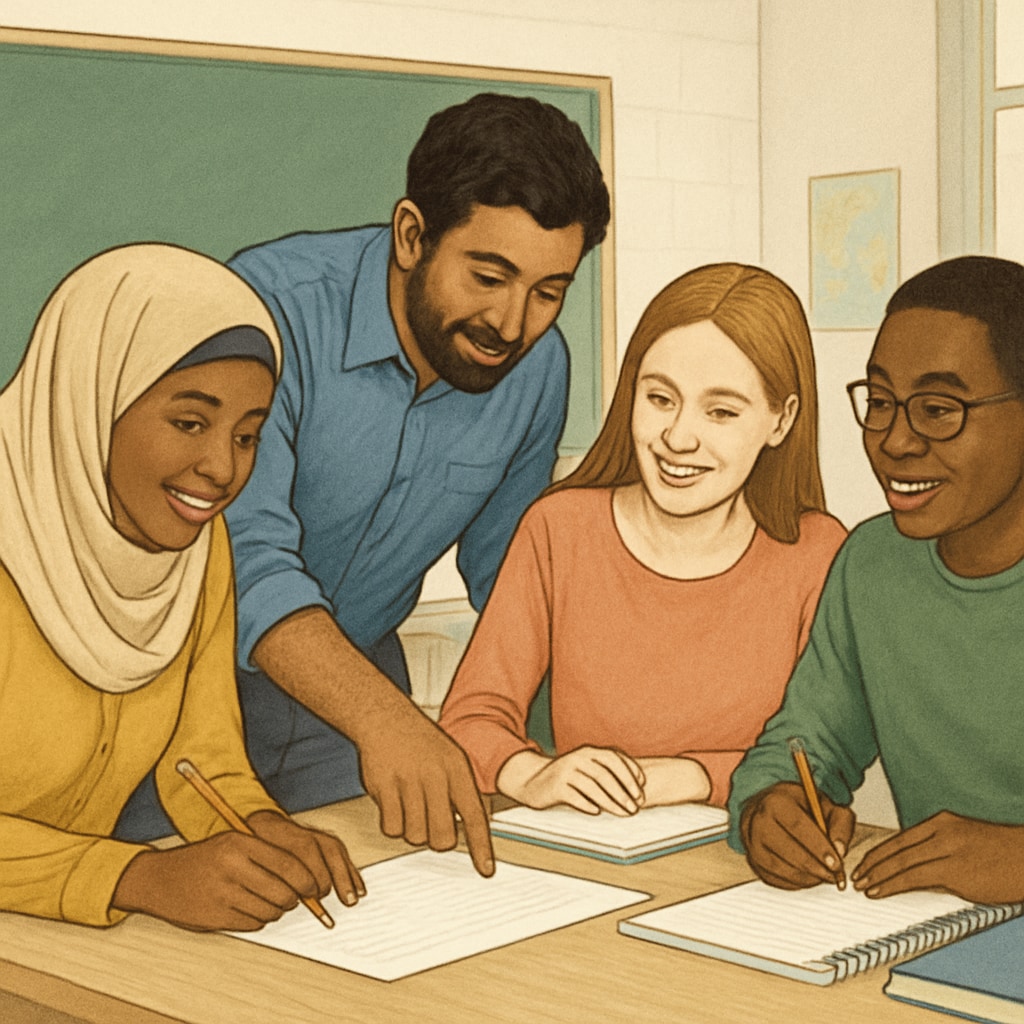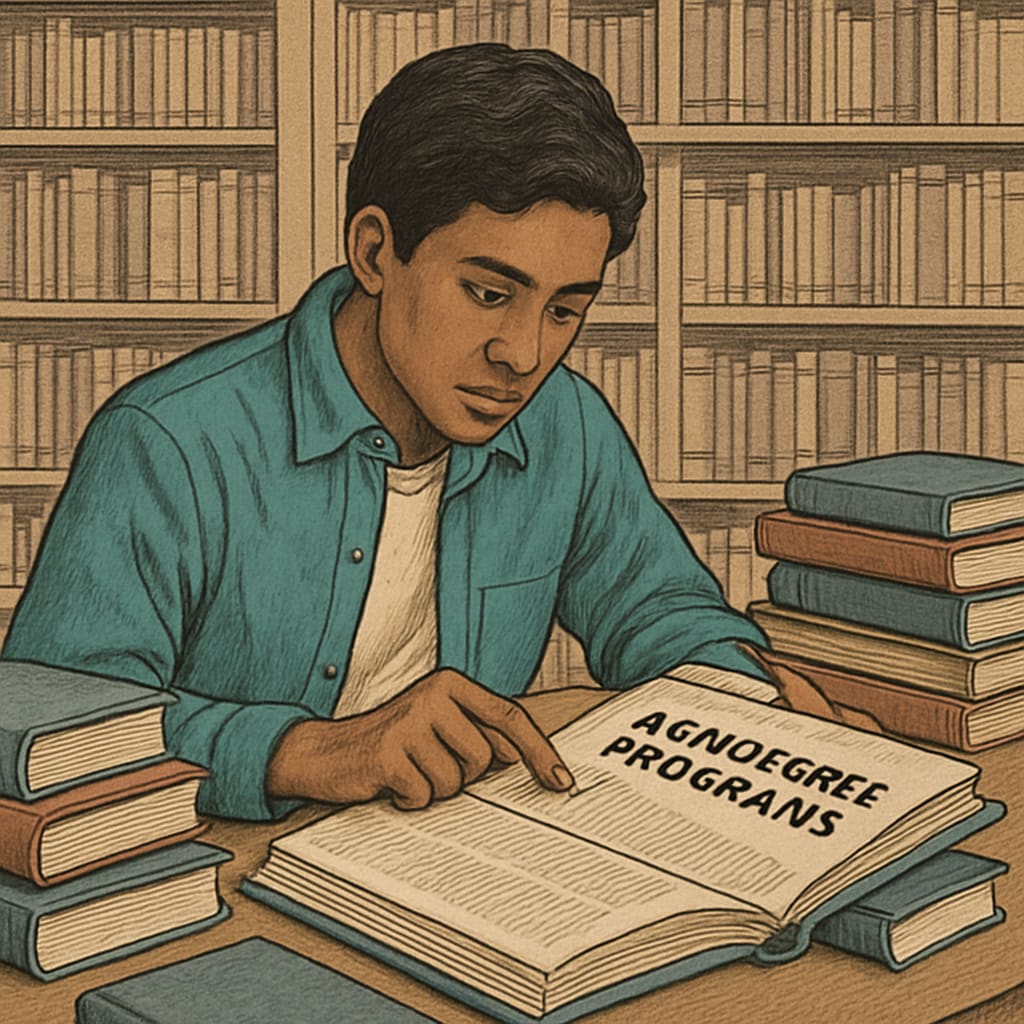For international students, adapting to a Western education system often highlights gaps in adult education, cultural adaptation, and basic knowledge. These gaps can stem from differences in teaching styles, foundational subject matter, or cultural nuances. Fortunately, non-degree courses in New York offer an accessible way to bridge these gaps and support students in building the skills needed to thrive in their academic journey. This guide will explore these challenges and provide strategies for finding the right resources to address them.
Understanding the Challenges of Cultural and Academic Adaptation
Adjusting to a new education system can be overwhelming for adult international students. They may encounter unfamiliar teaching methods, such as a focus on critical thinking and active participation, which differ significantly from rote learning techniques common in some cultures. Language barriers, varying foundational knowledge in subjects like mathematics or history, and cultural expectations also play a role in creating adaptation challenges.
For example, a student who excels in their home country’s education system might struggle with essay writing or open-ended discussions in a Western classroom. These gaps in foundational knowledge and cultural understanding can hinder academic progress. However, non-degree courses designed for adult learners can provide targeted support to address these specific needs.

How Non-Degree Courses Can Bridge the Gap
Non-degree courses, often offered by community colleges, adult education centers, or private institutions, are an excellent resource for international students. These programs are tailored to meet the unique needs of adult learners, focusing on skills like critical thinking, academic writing, and cultural competence. Here are some benefits of enrolling in these courses:
- Flexibility: Many courses are available part-time, in the evenings, or online, making them accessible for students with busy schedules.
- Targeted Learning: Courses focus on specific skills, such as improving English proficiency, mastering academic writing, or understanding Western history and culture.
- Cultural Awareness: Classes often include a diverse group of learners, providing opportunities to interact with peers from different backgrounds and develop a deeper understanding of cultural nuances.
For instance, institutions like the New York Public Library offer free or low-cost classes for English language learners, while community colleges like LaGuardia Community College provide adult learning programs focused on academic readiness. These resources help students build confidence and competence in a new academic environment.
Practical Guide to Finding Non-Degree Courses in New York
New York City is a hub for education, offering a variety of resources for international students. Here’s how to locate the right non-degree courses:
- Research Local Institutions: Look into community colleges, universities, or adult education centers. For example, LaGuardia Community College and Brooklyn College Continuing Education provide tailored programs for adult learners.
- Explore Public Resources: The New York Public Library offers free language and cultural adaptation classes, along with resources on academic writing and job readiness.
- Consider Online Platforms: Websites like Coursera or edX offer online courses focused on academic skills and cultural adaptation, which can be accessed from anywhere.
Additionally, networking with fellow students and seeking advice from academic advisors can help identify the best programs for specific needs. Many institutions also offer scholarships or financial aid for adult learners, ensuring that these resources are accessible to a broader audience.

Building Long-Term Academic and Cultural Competence
While non-degree courses are a valuable starting point, long-term success in a Western education system requires continuous effort. Here are some tips for building cultural and academic competence over time:
- Engage in Local Communities: Joining clubs, attending cultural events, or volunteering can provide opportunities to practice language skills and learn about cultural norms.
- Develop Study Habits: Utilize resources like study groups, tutoring centers, or academic workshops to reinforce learning.
- Seek Feedback: Regularly ask for feedback from professors and peers to identify areas for improvement.
By combining structured learning through non-degree courses with active engagement in the local culture, international students can build the skills and confidence needed to excel academically and personally.
In conclusion, addressing gaps in adult education, cultural adaptation, and basic knowledge is essential for the success of international students. Non-degree courses in New York provide a practical and accessible way to bridge these gaps, offering students the tools they need to thrive in a Western education system. With the right resources and a proactive approach, students can transform their challenges into opportunities for growth and achievement.


